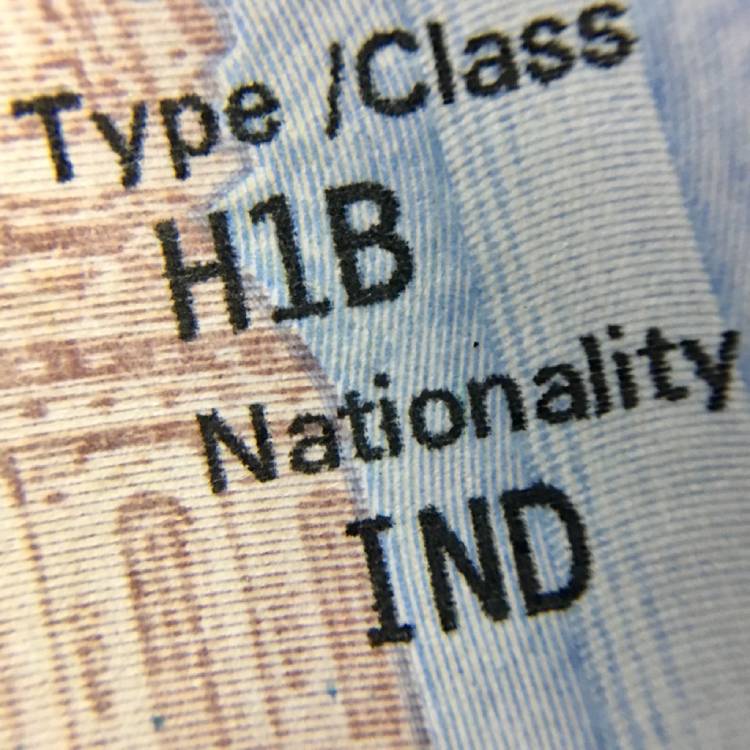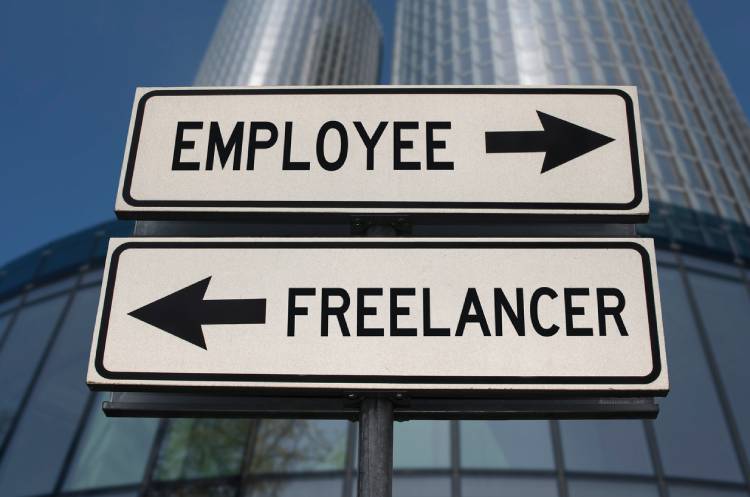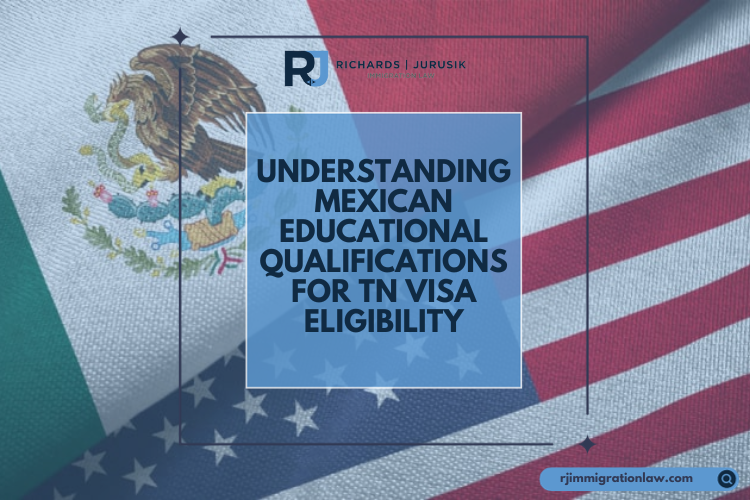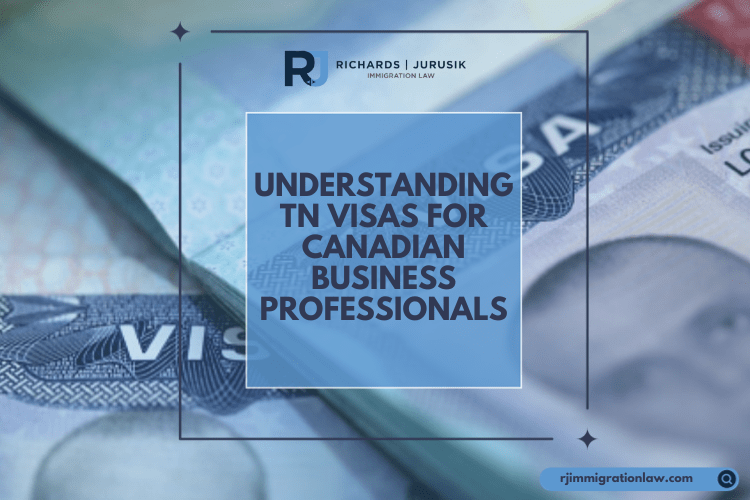If you are on an H-1B visa and are changing employers, you might wonder about transferring it to your new workplace. As the H-1B visa approval is employer-specific, your new employer must file an H-1B visa petition to transfer you before beginning your new role.
Filing the I-129 Petition
Your journey begins with your prospective employer filing an I-129 petition for a change of employer with the US Citizenship and Immigration Services (USCIS). It’s crucial to emphasize that this is a task your new employer must undertake on your behalf. This petition signals your intent to move to a different employer while maintaining H-1B status.
Commencing Work with a New Employer
Once the I-129 petition is filed, you are legally allowed to commence work for your new employer as soon as USCIS acknowledges receipt of the case for processing. You don’t need to wait for approval to kickstart your new role.
Timeline for I-129 Approval
The processing time for the I-129 petition can vary based on the specific service center handling your case. On average, standard processing takes between 3 to 6 months. If time is of the essence, consider the Premium Processing option.
Expediting H-1B Visa Transfer Processing
Opting for Premium Processing involves filing Form I-907, which guarantees a decision within 15 calendar days from receipt. While this service incurs an additional fee, it expedites the overall processing time, ensuring a quicker resolution.
When to File Form I-129
Anticipate your transition by filing the I-129 petition up to 6 months before your intended start date with the new employer. Early filing within this timeframe is advisable to mitigate potential delays and ensure a seamless shift into your new role.
Conclusion
Transferring your H-1B Visa to a new employer is a manageable task that requires the proper guidance. By understanding the steps involved, you can confidently change employers and successfully transfer H-1B Visa.
Subscribe to Our Resources Blog
Schedule a Consultation with an Immigration Lawyer
Citations
- USCIS: Form I-129 Petition for Foreign Worker
- USCIS: Form I-907 Premium Processing
- USCIS: H1B Visas for Specialty Occupations
We Can Help!
You may have questions regarding U.S. immigration laws and visas. We invite you to contact our team at Richards and Jurusik for detailed guidance and assistance. We aim to provide the most accurate and up-to-date information to make your immigration process smoother and less stressful. The immigration lawyers at Richards and Jurusik have decades of experience helping people to work and live in the United States. Read some of our hundreds of 5-star client reviews! Contact us today to assess your legal situation.







